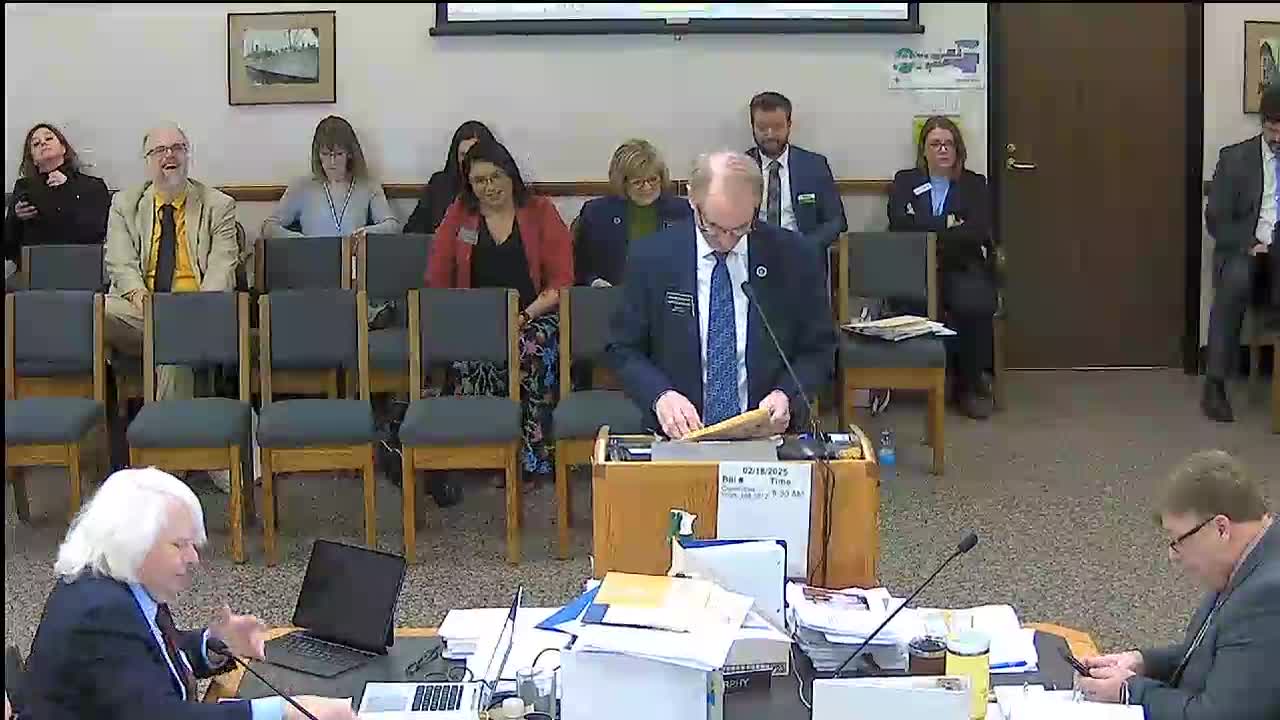Article not found
This article is no longer available. But don't worry—we've gathered other articles that discuss the same topic.
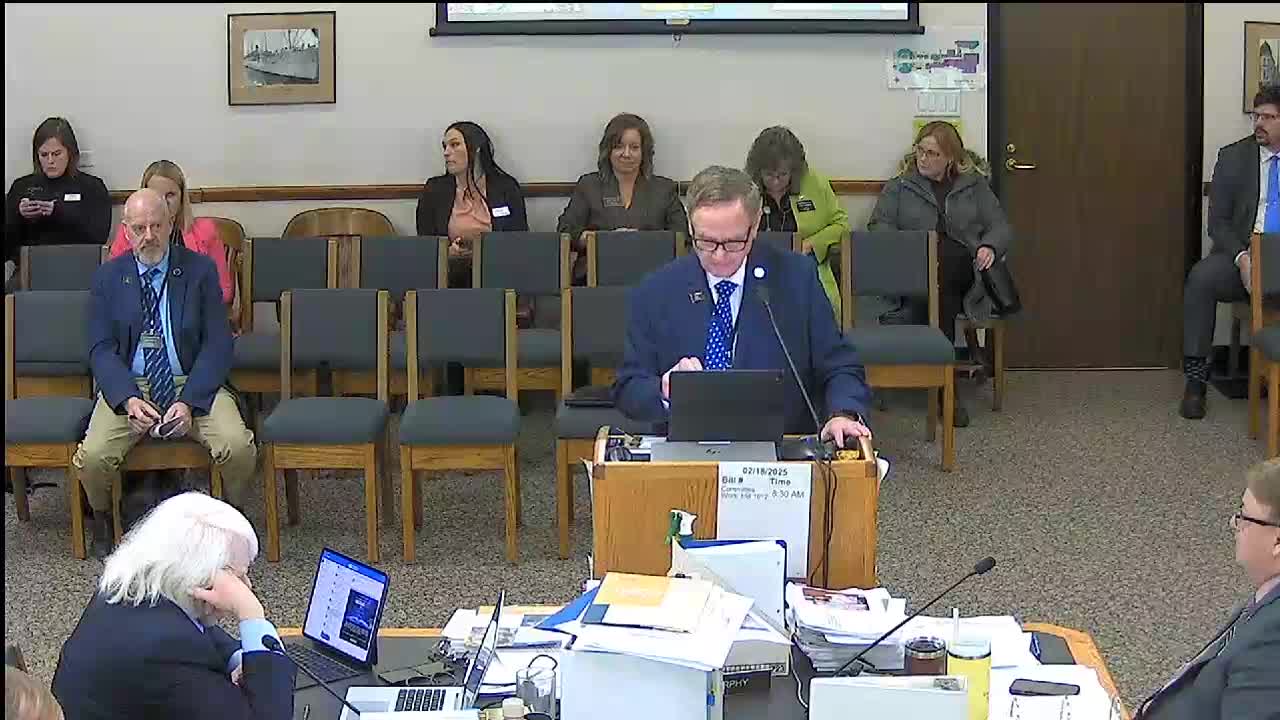
Committee considers $50 million set-aside for jail improvement loans as counties report capacity and staffing crisis
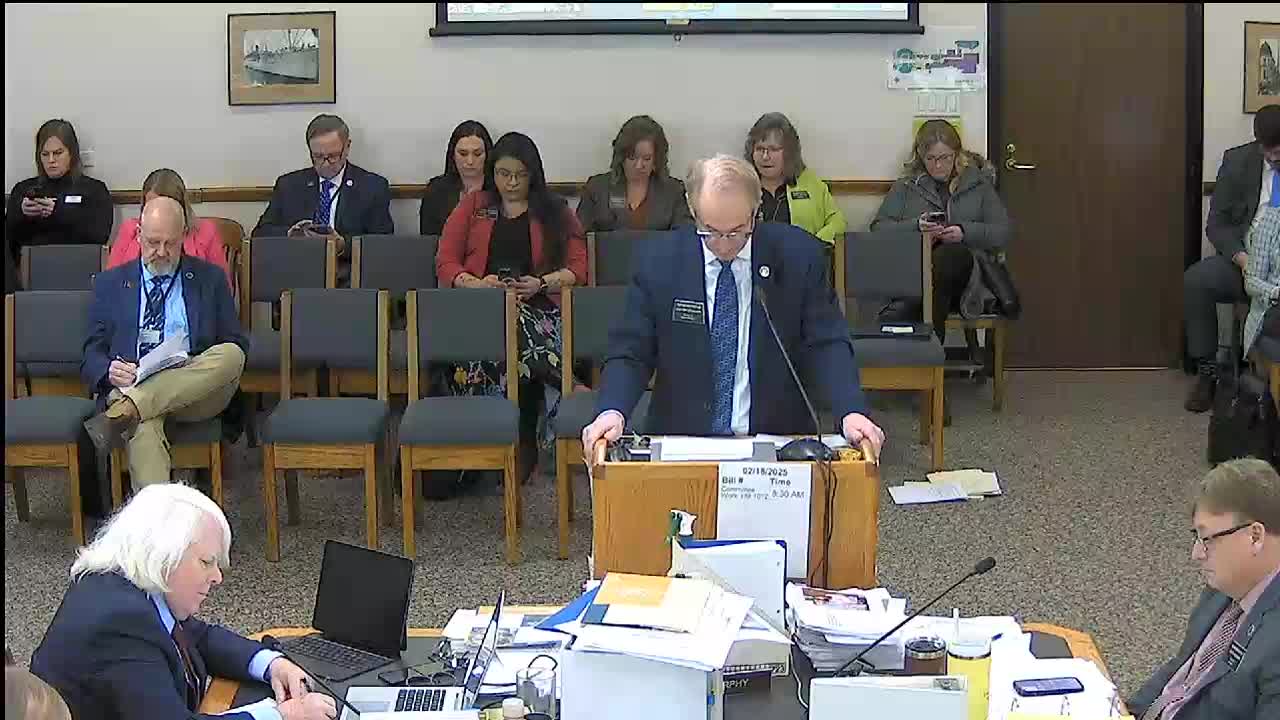
Proposal to move North Dakota to annual legislative sessions advances from GVA; fiscal trade-offs discussed
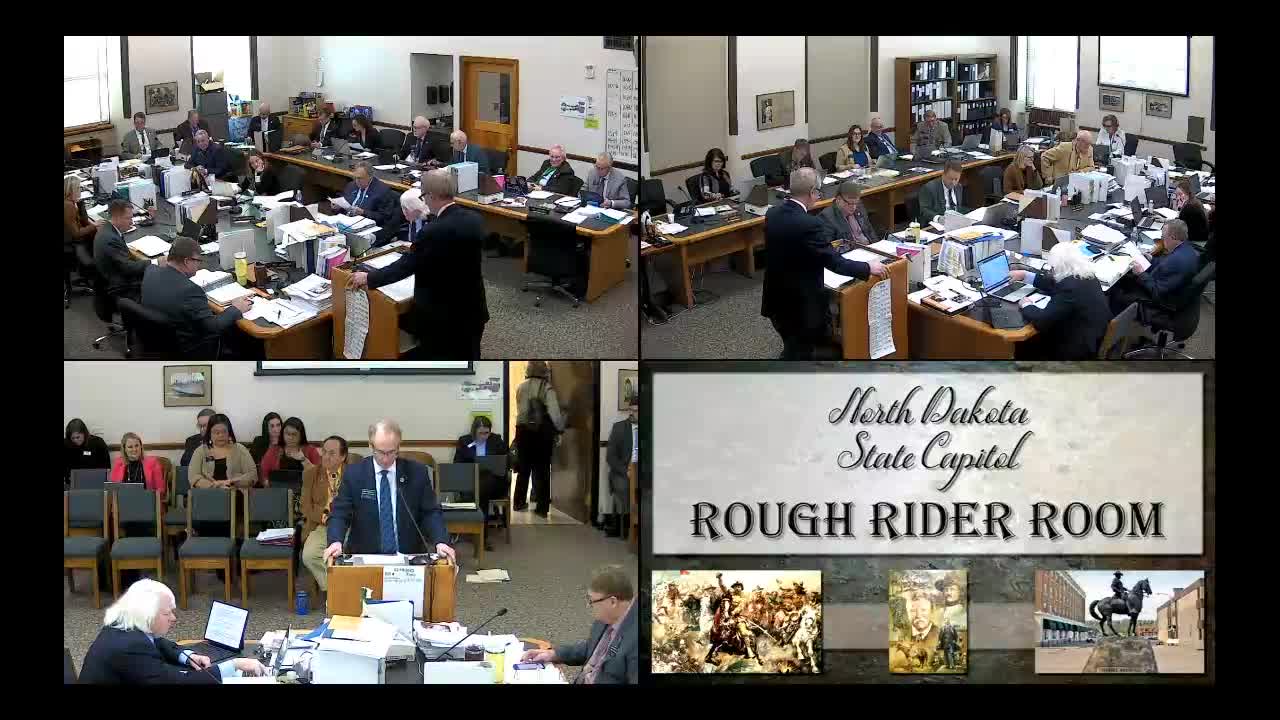
Bill would create Missing Indigenous Persons task force, requests $250,000 to build data and coordination
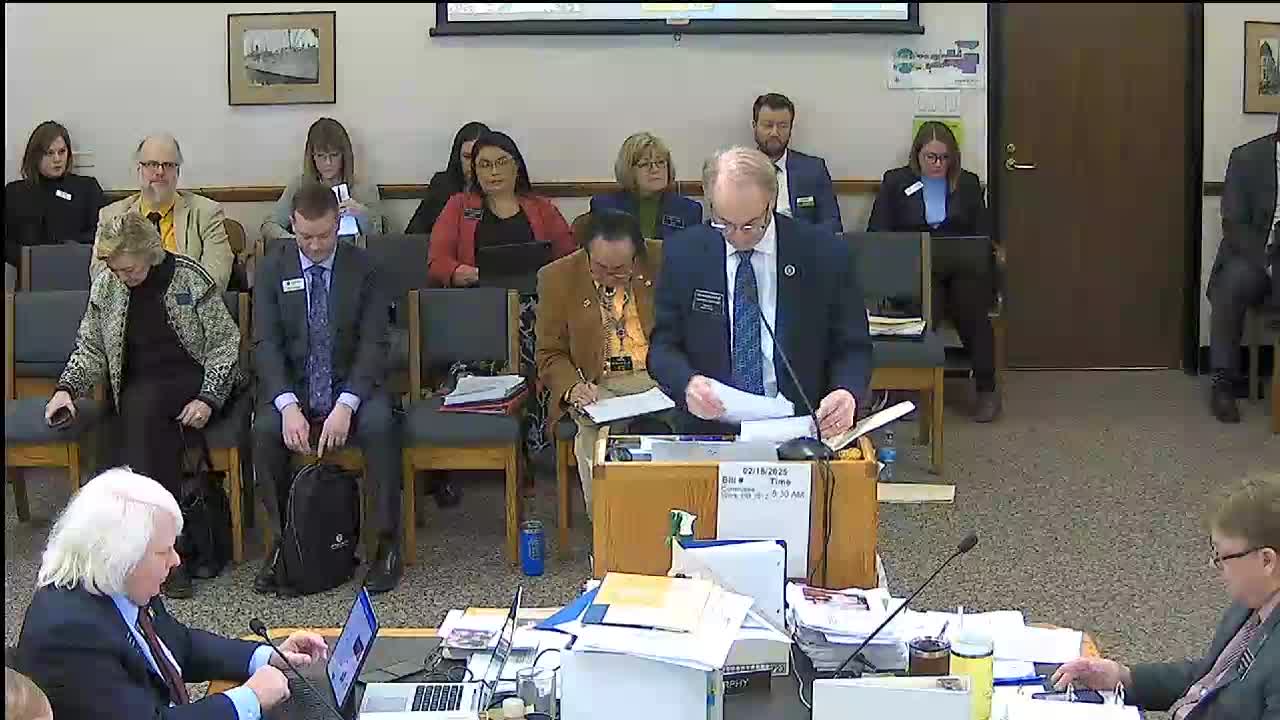
Bill to extend $25 monthly insulin cap moves through committee debate; PERS pilot shows modest premium impact
